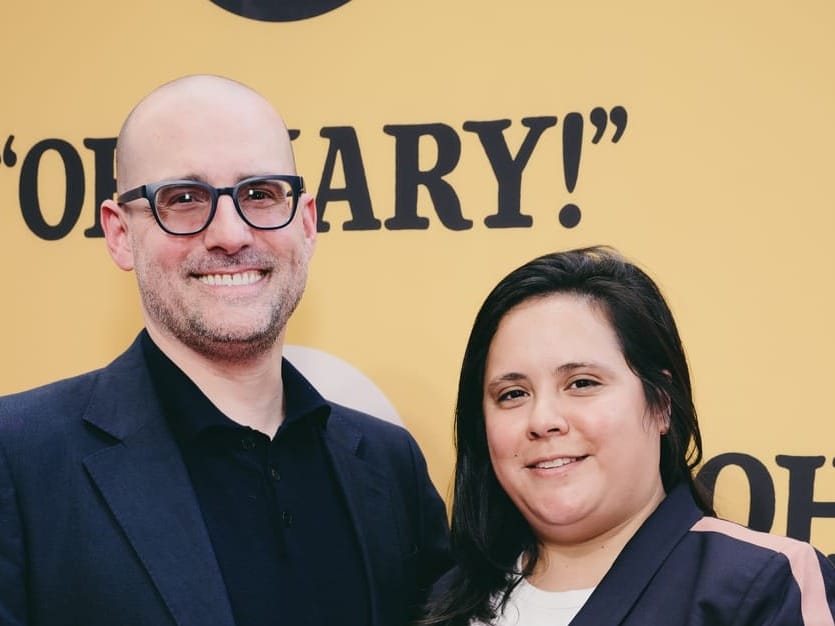Lincoln Center Theater is making past productions available for streaming in a move to develop new audiences and sustain a connection to their work.
It’s also meant to spark a little bit of joy during the pandemic.
“We are just trying to give something away to the world to be able to watch and enjoy,” said Adam Siegel, managing director of Lincoln Center Theater.
The nonprofit theater company is launching its streaming slate Thursday with “Vanya and Sonia and Masha and Spike,” which ran at its Off-Broadway Mitzi E. Newhouse Theater in 2012. While producers typically shy away from streaming due to the high cost and complicated union approvals, the pandemic created new contractual possibilities, as well as the necessity to innovate.
The productions are being launched in partnership with streaming platform Broadway On Demand. Other upcoming Off-Broadway productions include “The Wolves,” “Marys Seacole,” and “The Royale.”
These captures were shot by Lincoln Center Theater — not the New York Public Library’s Theatre on Film and Tape Archive, which Siegel said is a common misconception — with the original intent of creating promotional b-roll footage. However, the full productions were filmed as part of this process, which has now resulted in a trove of potential material. The selected streaming productions were chosen based on quality of footage, as well as how well they would resonate with viewers.
“These are shows that were well received, that we’re very proud of, that deserve a bigger audience,” Siegel said.
The idea to stream prior productions came last fall. Lincoln Center Theater had been promoting the professionally shot recordings of “Falsettos,” “The King and I” and “Pipeline” in the early months of the pandemic and Siegel and André Bishop, the organization’s producing artistic director, were looking for new methods to offer theater during the shutdown. As these thoughts germinated, Actors’ Equity announced a new agreement for streaming theatrical archives during the pandemic, which put the plan in motion.
Roundabout Theatre Company used the same agreement to launch its own streaming service, which includes “A Soldier’s Play” and other past productions.
After reaching an agreement with Equity, Siegel and his team then had to negotiate streaming agreements with the Stage Directors and Choreographers Society, as well as the local union for United Scenic Artists. Then they had to reach out to every actor, designer and director involved in each production for approval.
These agreements are concessionary and specific to the pandemic, but still provide some income and health contributions to union members in a time when theaters are closed. Many nonprofits have been working with unions to strike similar deals, said Laura Penn, executive director of the Stage Directors and Choreographers Society.
“We do feel like we’ve been able to achieve win-win agreements,” Penn said.
The contracts set limits on viewership, which include a capacity limit based on the size of the productions’ original theater and a four-week time limit.
Overall, the process of readying the plays for streaming took about four months from idea to realization, Siegel said.
The cost of streaming these productions is high, Siegel said, but was subsidized by patrons, donors and Lincoln Center Theater’s board of directors. The titles are being offered to viewers for free, in keeping with the project’s mission and as a means to retain subscribers and entice others to visit.
Lincoln Center Theater has a history of offering professionally captured productions, including through partnerships with BroadwayHD and PBS. And so while Siegel hopes Lincoln Center Theater’s attention can turn to the return of live theater this fall, he sees digital captures continuing in some form.
“I do think that this pandemic has shaken [the theater industry] out of somewhat of a stupor about this kind of work,” Siegel said. “There has been a resistance or reluctance to engage in productions in this way. And I do think that collectively people are waking up a little bit.”


























































